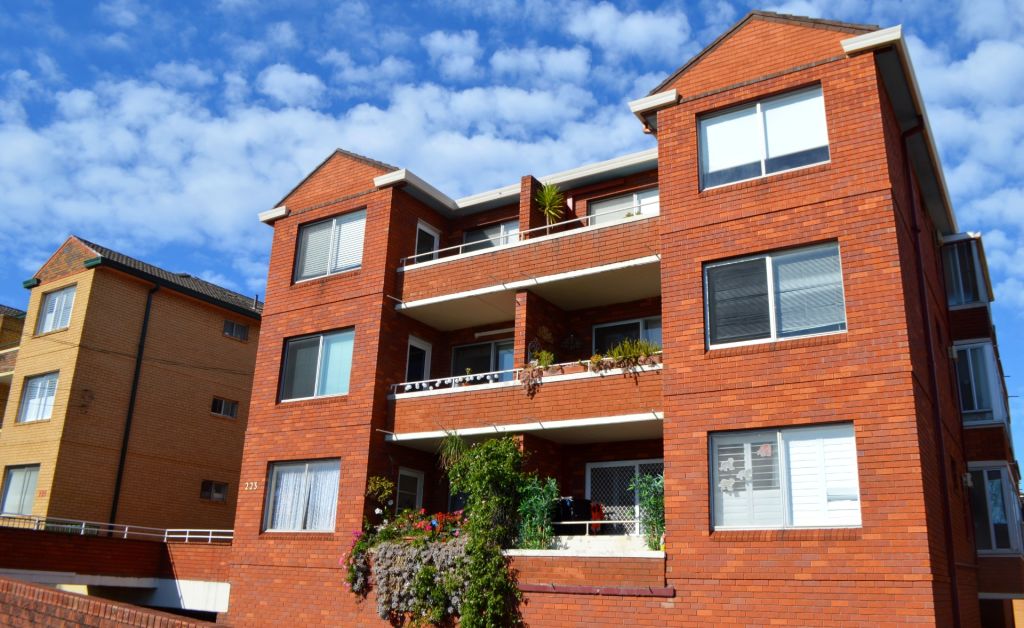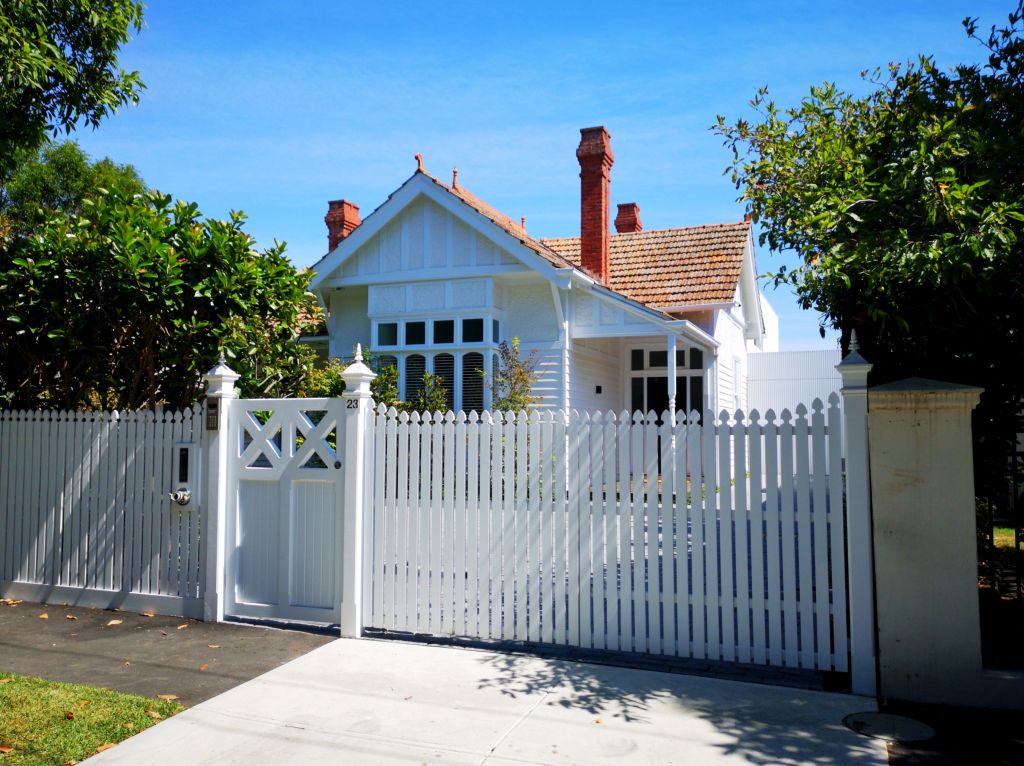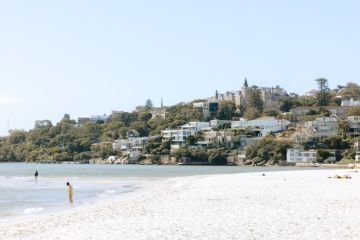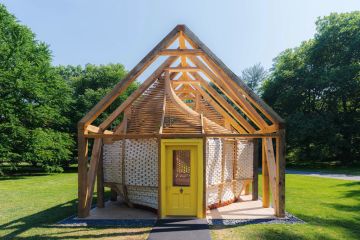How landlords can make their rental property stand out in a crowded market

With industry experts predicting increases in rental vacancies due to the economic impact of COVID-19 measures, heavily geared landlords may come under pressure.
The vast majority of Aussie landlords are on an income of less than $65,000 a year, says Ray Ellis, chief executive of First National Real Estate.
Domain data shows average weekly rental listings across the nation’s capital cities jumped 19 per cent overall in the two weeks between March 16 and 29, compared to that for the previous four weeks.
In NSW and Victoria, rental offerings rose 19 and 18 per cent respectively.
Units and townhouses were struggling most, said Steve Waters, property investment advisor and director of Right Property Group. “We went into COVID with an oversupply of attached dwellings in some metropolitan areas. Now you throw this onto it.”
However, with a strategy, landlords can stay abreast of volatile times.
Meet the market
“Everything has its inflection point in terms of supply and demand,” Mr Waters said. “Where landlords get greedy is when we have a market like today, they want to hang out for that higher rent. But it might take months.
“Consistency of cash flow is far more important than getting that extra $20 or $50 a week at this point in time.”
“So drop it 10 or 15 per cent, whatever it may be. You want to cut early, cut quick.”
Refresh your property
“If your property is a little tired, now might be the time to renovate it should you have enough capital,” Mr Waters said.
“It doesn’t take long to paint or put in new carpet. New fixtures and fittings like door handles, light fittings and taps go a long way. It gives that little bit of illusion of a fresher dwelling. And it’s a relatively cheap output.
“If there are 20 properties like yours and yours is the freshest, tenants will naturally gravitate towards yours.”
While pricier, installing airconditioning and heaters might be a good lure, he said.
But avoid renovating while there’s a tenant in your property. “Someone could hurt themselves,” Mr Waters warned. “And it might void insurance.”
Make first impressions count
“If your rental’s a house, kerb appeal is everything,” Mr Waters said.
“If your property’s been vacant and locked up for some time, it will start to get that ‘locked up’ smell. At least have it light and airy on inspection, and smelling good.”

Be flexible with pets
“There’s a big part of the population that has pets,” Mr Waters said.
Your property manager can inform you of any regulations around this, and whether allowing pets will improve returns.
Consult your agent
According to Mr Ellis, knowing the competition and what’s available around you is key to getting leased.
“Set the price value in consultation with your agent,” he said. “We are the local professionals, we know the schools, parks, transport, infrastructure, the shops, what things are renting and selling for, new developments – all that information needs to come [into play].”
Think like a tenant
Tenants firstly base their choice on location and infrastructure, then cash flow, Mr Ellis said. “Then they look at what’s available in a price range. They choose the best one out of that that suits those requirements.”
Reduced cash flow was driving tenants’ decisions at the moment, he said. “Their work hours are being reduced or there’s uncertainty about their contract being renewed.”
To furnish or not?
There has been an increase in the number of furnished apartments available due to properties previously used as short-stay accommodation entering the private rental market. But Mr Ellis said furnished homes generally rented for about 10 per cent cheaper.
If your property’s unfurnished, Mr Waters recommends against the expense of buying furniture. “If you’ve already got a furnished apartment then you’d advertise it as furnished. It might give you the edge in some areas.”
Short lease your holiday stay
Simone Fogarty, LREA, stock and station agent and Director of Younique Property Group in Orange NSW, suggests holiday home owners needing stable income lease their property for six months until things get back to normal, especially coming into winter.
“Do it sooner rather than later,” she advised. “In three months’ we may see an oversupply of rentals from Airbnb.
“If you have the option of taking the furniture out, it’s better. The longer term furnished properties are trickier to manage and not covered by the bond of four weeks.”
She says it’s possible to find tenants on work contracts interested in short leases.
We recommend
We thought you might like
States
Capital Cities
Capital Cities - Rentals
Popular Areas
Allhomes
More







